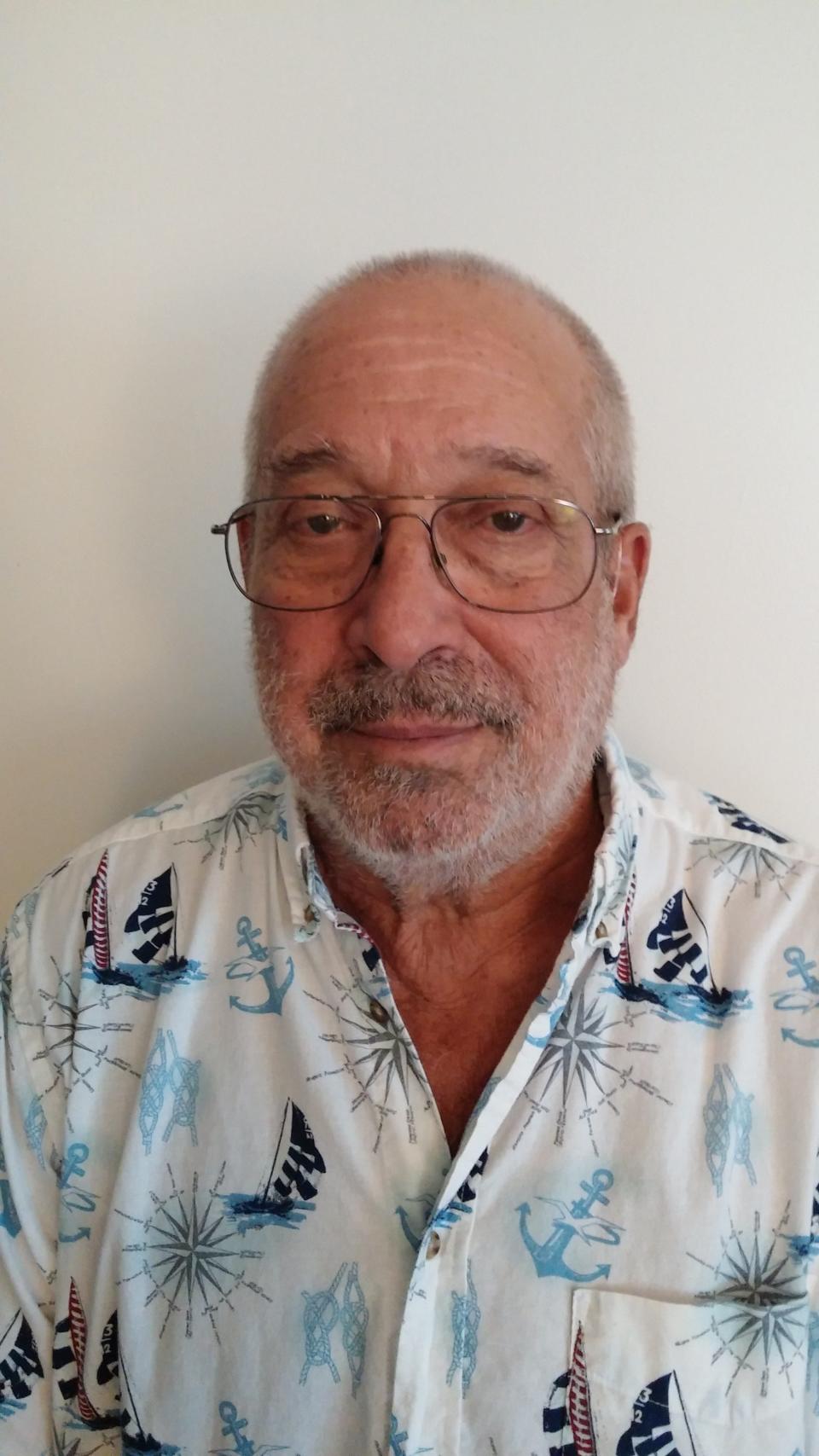Guest opinion: Why don't we call people what they really are?
A recent FLORIDA TODAY opinion piece “Please don’t add an ’X’ to who I am,” correctly rejected society’s mislabeling of the writer as “LatinX.”
I’ve always believed that if you’re going to put a label on someone, it should accurately reflect what that person really is. Over the years, we’ve re-labeled a lot of people in an effort not to be offensive. And that’s good, except that it hasn’t really worked very well when it comes to accuracy. Some examples:
The very white actress, Charlize Theron, was born in South Africa and is now a US citizen. That makes her an “African-American.”
The parents of NBC Morning Anchor, Hoda Kotb, emigrated from Egypt and became US citizens. Egypt is in Africa. Therefore, they, too, are “African-Americans.” Their daughter, Hoda, was born in Oklahoma. She is therefore a “Native-American.”
The people who were brought here from Africa on slave ships were “Africans.” They were considered property, not citizens. After slavery was abolished, all of their offspring and each subsequent generation born here are, in fact, “Native-Americans,” not “African-Americans.”

The people we’re now calling “Native-Americans” certainly are that. They’re also referred to as “indigenous” people. What that actually means is that they were already here when white Europeans arrived and conquered, killed or displaced them. But depending on how far back you want to draw the line, say maybe 20,000 years, their ancestors, the first humans in North America, came over what is now the Bering Straits from Asia. So, according to today’s rules, they’re actually “Asian-Americans.” Huh?? In Canada, their tribes are called “First Nations,” a more apt description.
My parents both came from Lithuania. My father was a young teenager. He never lost his accent but he also never missed voting in every election, because, “In the Old Country, we didn’t get to vote.” My mother came as an infant. She never thought of herself as anything but an “American.” It is interesting that she never had any kind of birth certificate, so that made her a “WOP” (without papers). I know some people of Italian descent who would find that pretty amusing.
I was born in Philadelphia, so I’m a “Native-American,” too. The idea that I’m some sort of “European-American” makes no sense at all. The other problem is that, as a result of genes and a lifetime of shirtless summers, my complexion is darker than several well-known persons of mixed race. Therefore, I’m also a “Person of Color.”
Finally, most geographers place the dividing line between Africa and Asia as the border between Egypt and Israel. I’m pretty sure my Israeli-born sister-in-law doesn’t quite fit the stereotypical “Asian” image most of us hold.
The whole idea of one group putting a label on another one, even if it were accurate, is a symbol of much of the racism and hatred that is currently raging in our society. We do it on the Census form and just about every other official government identification document. The supposedly useful information this pigeonholing provides doesn’t outweigh the damage it does. It isn’t going to happen in my lifetime, but I hope the day will come that we’ll get past this need to label people, and that if you were born here or immigrated and became a citizen, you are simply an “American.” That’s something to aspire to.
Jay Light is a retired symphony musician and professor of music. He lives in Fort Myers Beach.
This article originally appeared on Florida Today: Let's get past the need to label people

